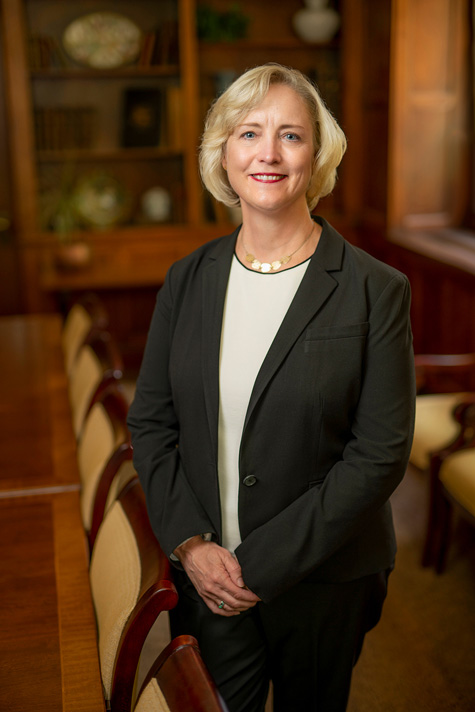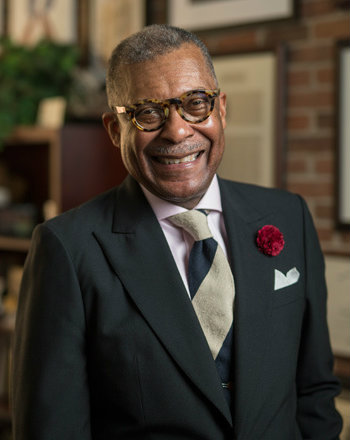In the wake of George Floyd’s death at the hands of a Minneapolis police officer and subsequent protests for racial justice in a number of cities, the university will host a series of listening sessions for students, staff, faculty and postdoctoral scholars.
Interim Chancellor and Provost Susan R. Wente first announced the sessions in a May 31 message to the Vanderbilt community.

“In partnership with Incoming Chancellor Daniel Diermeier, I assure you that Vanderbilt’s leadership team is committed to taking further meaningful, productive action to continue our work for racial justice and equality in our local, regional and national communities. Your voices and contributions are essential as we push forward,” Wente wrote in her message to Vanderbilt community members on Sunday.
The first group of sessions scheduled are for staff. Register to attend the staff listening sessions. >>
Vice Chancellor for Equity, Diversity and Inclusion and Chief Diversity Officer André Churchwell will host the sessions with Vice Chancellor for Administration Eric Kopstain, Senior Associate Vice Chancellor for Public Safety and Special Initiatives and Chief of Police August Washington, and Interim Associate Vice Chancellor for Human Capital and Business Services Laura Nairon.
Cleo Rucker, director of Human Resources Consulting, Employee and Labor Relations; Anita Jenious, director of the university’s Equal Employment Opportunity office; and Jim Kendall, manager for Work/Life Connections and the Employee Assistance Program, also will be on hand to answer questions and provide support.
Additional sessions for undergraduate, graduate and professional students, as well as faculty, are being organized by Interim Vice Provost for Strategic Initiatives William H. Robinson, who oversees the Provost’s Office for Inclusive Excellence. Information on these listening sessions will be shared in the coming days.
In addition to the sessions hosted by Churchwell and Robinson, the Bishop Joseph Johnson Black Cultural Center has scheduled a series of check-ins with Black students, faculty and staff.
Vanderbilt Peabody College of education and human development also has planned a Crucial Conversations program for June 4 at 4 p.m. CT. It is being hosted by the Peabody Office of Equity, Diversity and Inclusion and the Office of Student Development and Support Services. The Crucial Conversations program will provide a space to discuss the impact of current events and how racism, police brutality, xenophobia and inequalities impact our lives and our work. Community members interested in attending can RSVP here.

“We recognize the challenges our country faces with racism and how the recent deaths of George Floyd, Ahmaud Arbery and Breonna Taylor only magnify our problems and call for solutions,” Churchwell said. “We also recognize the pain and anguish our university community must be feeling in these turbulent times, and we want to offer an opportunity to come together to share our concerns and feelings.”
Registration is required for the staff sessions, which will be hosted on Zoom’s webinar platform and will provide a space for discussion about how Vanderbilt can meaningfully respond and take tangible next steps for action. With the intention of creating a space where people feel comfortable sharing, the capacity for each Zoom listening session will be limited to allow for more participation and candor.
Prior to and during each listening session, community members are invited to submit questions for the university leaders. Those who wish to submit questions can pre-submit them upon registering. Attendees also will be able to share questions and thoughts through the webinars’ “Q&A” feature.
Register to attend the staff listening sessions. >>
Churchwell has shared further thoughts about the tragic killing of George Floyd and the roots of racial injustice in a statement on the EDI website, writing in part that “as others have posited, more than one virus infects this country; the older virus is racism, in all its age-old shapes and forms of ‘deadly infestation.’ We have attempted to address it, but being America’s original sin, we have not brought forth all the resources needed for a solution.”